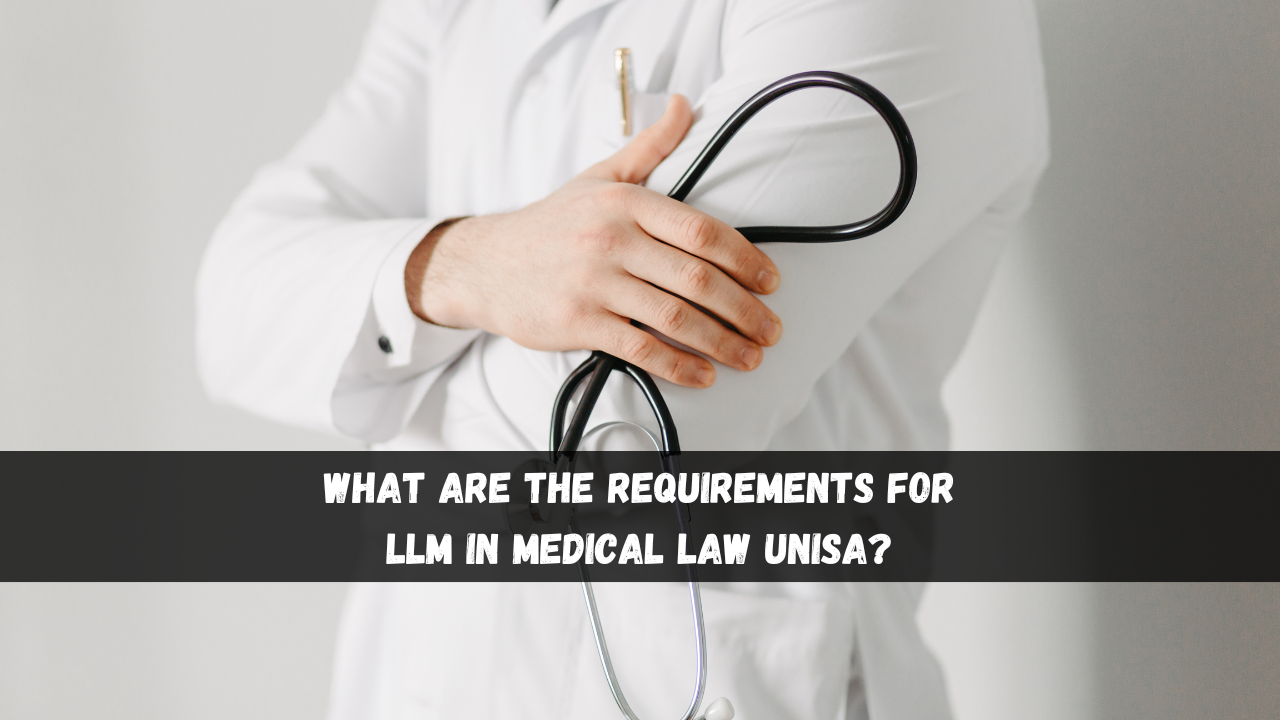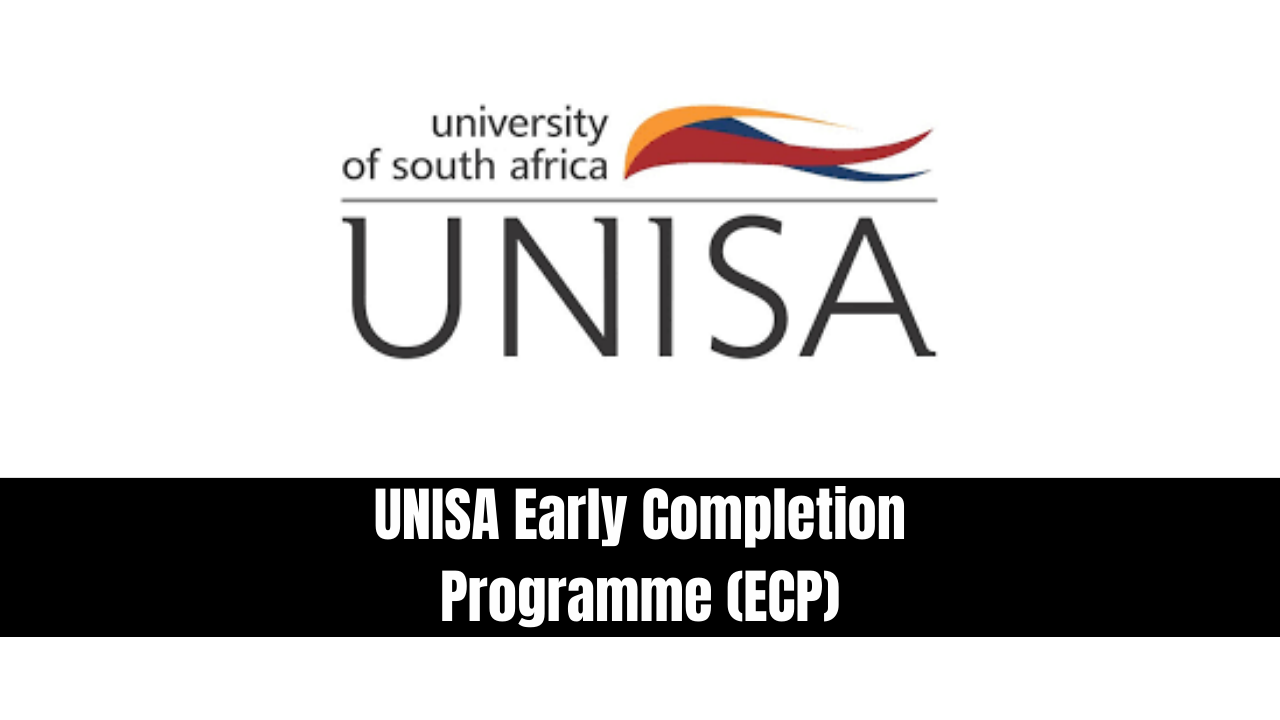What are the Requirements for LLM in Medical Law UNISA? The LLM in Medical Law at UNISA is a specialized postgraduate program designed to provide in-depth knowledge of the legal framework governing healthcare and medical ethics. This program is ideal for those who aspire to understand the complex intersection between law and medicine, including issues like patient rights, medical negligence, bioethics, and healthcare regulations.
What are the Requirements for LLM in Medical Law UNISA?
To enroll in the LLM in Medical Law at UNISA, applicants need to meet specific academic qualifications. The program is structured to cater to individuals with a strong legal background who are passionate about specializing in medical law.
Below is a table summarizing the eligibility requirements for this program:
| Criteria | Details |
|---|---|
| Basic Qualification | Applicants must hold an LLB or BProc degree (or an equivalent qualification). |
| Minimum Average | A minimum overall average of 60% in the LLB or BProc degree is required. |
| Relevant Qualifications | Other qualifications may be considered if deemed relevant by the School’s Board. |
| Professional Experience | While not mandatory, prior professional experience in legal or healthcare fields is beneficial. |
Program Structure and Teaching Approach
The LLM in Medical Law is team-taught by legal experts and practitioners in the field of medical law. This ensures that students not only learn theoretical aspects but also gain practical insights from professionals actively working in medical legal cases.
The curriculum covers a broad range of topics including, but not limited to:
- Medical Negligence and Liability
- Patient Rights and Informed Consent
- Bioethics and Healthcare Law
- Medical Malpractice Litigation
- Confidentiality and Data Protection in Healthcare
- Public Health Law and Policy
Why Choose LLM in Medical Law at UNISA?
UNISA is one of the largest distance learning universities in the world, which makes it accessible to students both locally and internationally. The LLM in Medical Law program at UNISA is designed with flexibility in mind, allowing working professionals to balance their studies with career and personal responsibilities.
Here are some key reasons to consider this program:
- Expert Instruction: The program is taught by seasoned medical law experts who bring real-world legal issues to the classroom.
- Flexible Learning: As a distance learning program, students have the flexibility to study at their own pace, making it ideal for professionals.
- Career Opportunities: Graduates of this program can pursue careers in various fields such as medical law, healthcare policy, public health, and legal consultancy for healthcare institutions.
- Global Recognition: UNISA’s law degrees, including the LLM in Medical Law, are globally recognized and highly respected.
How to Apply for the LLM in Medical Law at UNISA
Interested candidates can apply through UNISA’s official online application portal. Below is a simple guide to the application process:
- Meet Eligibility Requirements: Ensure that you meet the basic qualification criteria of holding an LLB or BProc degree with at least 60% overall average.
- Prepare Documents: Gather your academic transcripts, identification, and proof of qualifications.
- Submit Application Online: Visit the UNISA website and navigate to the LLM in Medical Law application page.
- Pay Application Fee: A non-refundable application fee is required upon submission.
- Await Response: Once your application is submitted, the Board of the School will review it. If successful, you will receive an acceptance letter.
Career Pathways after Completing LLM in Medical Law
Graduates of the LLM in Medical Law at UNISA can explore a variety of career opportunities, including:
- Medical Legal Consultant: Work as a legal advisor for hospitals, clinics, or healthcare providers, focusing on medical negligence and patient rights.
- Healthcare Compliance Officer: Ensure that healthcare institutions comply with legal regulations and ethical standards.
- Academic or Researcher in Medical Law: Pursue an academic career by teaching or conducting research on medical legal issues.
- Policy Advisor: Assist in the formulation of healthcare policies and laws that ensure patient safety and ethical medical practices.
Conclusion
The LLM in Medical Law at UNISA is an excellent opportunity for those looking to specialize in the legal aspects of healthcare. With flexible learning options, expert instructors, and a comprehensive curriculum, this program provides the necessary tools to excel in the growing field of medical law. Whether you’re aiming for a legal career in healthcare or looking to contribute to public health law, this program equips you with the knowledge and skills needed to make a significant impact.






